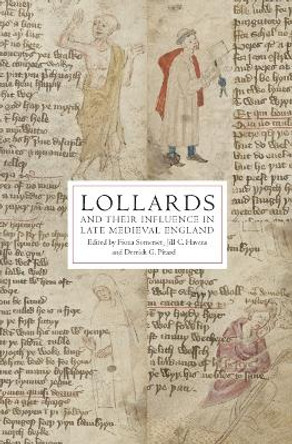The translation of learned Latin materials into English between around 1370 and 1410 was a highly controversial activity. It was thought likely to make available to lay audiences the authoritative and intellectual information and methods of argument previously only accessible to an educated elite - and with that knowledge the power of information. Fiona Somerset's 1998 study examines what kinds of academic material were imported into English, what sorts of audience were projected for this kind of clerical discourse and how writers positioned themselves with respect to potential audience and opponents. The well-known concerns with clerical corruption and lay education of authors such as Langland, Trevisa, and Wyclif are linked to those of more obscure writers in both Latin and English, some only recently edited, or only extant in manuscript.
This 1998 book investigates the politics of vernacular translation in late medieval England, with particular attention to Langland, Trevisa and Wyclif.Reviews"Somerset's book provides the tools to push vernacularity studies...to a higher level, to the kind of serious scholarship the topic still needs." Speculum
"Somerset's conclusion [comes] after thoroughly sifting [many] documents" Lawrence V Ryan, Albion
Book InformationISBN 9780521621540
Author Fiona SomersetFormat Hardback
Page Count 256
Imprint Cambridge University PressPublisher Cambridge University Press
Weight(grams) 550g
Dimensions(mm) 229mm * 152mm * 19mm









